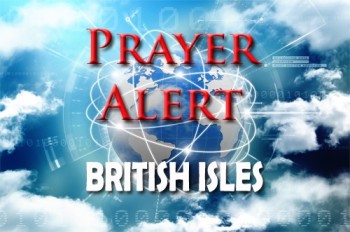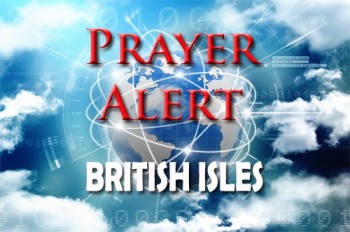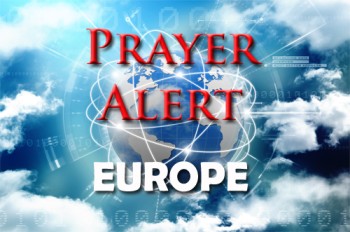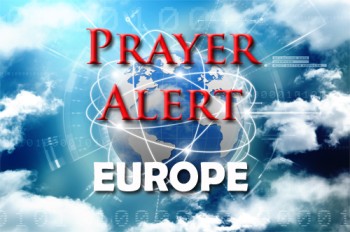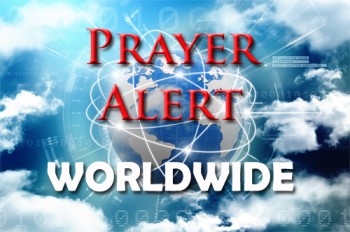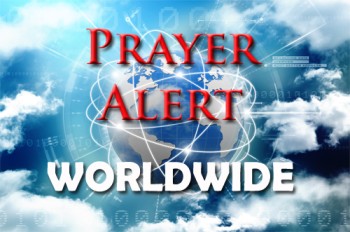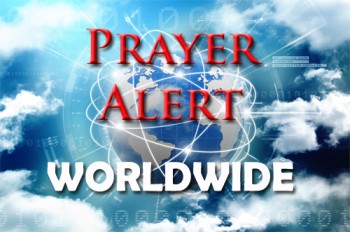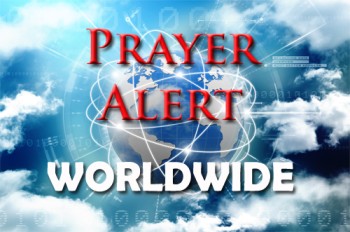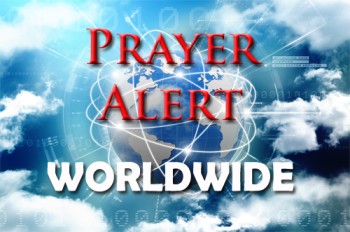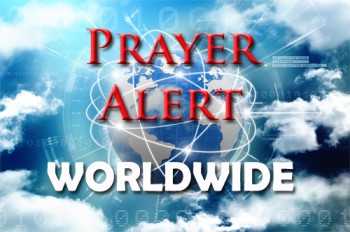Working from home
UK workers are less keen to return to commuting than their European counterparts. Over a third of them still work from home. Hybrid working is the new normal. The new night for after work drinks is Wednesday, as many only visit the office on Tuesdays, Wednesday and Thursdays (sparking the acronym Twats). Boris Johnson told civil servants to ‘make sure everybody gets back to work’, but fewer than one in ten have returned to their desks five days a week. Some say staff are more productive in the office as it is harder to collaborate creatively with colleagues over video calls. Others say they get more done at home without distractions or gossiping, and there are big savings in money and time. Many say their work-life balance has improved, but research has found that working from home increases ‘burnout’ rates as people struggle to juggle their careers and family lives.
School absenteeism
Parents are receiving an increasing number of fines by schools trying to encourage children to stop missing school. Almost 1.8 million children regularly missed school in the first term of this academic year. As part of a mission to tackle this, parents have been fined £3.7m so far. For some families there are financial barriers; for example, one pupil messaged that they don't have trousers to wear into school. A uniform bank within the school has now been set up to help remove that barrier, but building trust with families can be tough. Some people are not brave enough to come forward and say they can't afford things. Some parents can't afford the dinner money, and it's cheaper to keep them at home. Parents have also been known to keep older children off school to look after younger siblings. Persuading parents to encourage their children into school can be difficult, as many families face ‘heart-wrenching’ struggles.
Ukraine: scenarios to pray about
The story of this war cannot yet be written, but we can pray about possible scenarios. One would be Russia and Ukraine grinding each other down with neither demonstrating capacity to land a tactically decisive blow. Pray the West will supply Ukraine with all that is needed to overcome Putin. Another could be Putin announcing a ceasefire, pocketing his territorial gains and declaring ‘victory’ with a land corridor to Crimea established. This might change the narrative but not end the fighting. Pray for God’s wisdom to saturate Ukraine’s leaders so that a theoretical peace is avoided, and for US, UK and European policymakers to ensure Russia's invasion fails, for the sake of Ukraine and the international order. Pray for Ukraine’s victory using its new long-range rockets. Pray that it can retrieve territory where Russian supply lines are stretched, causing the troops to withdraw to where they were before the invasion, as Western sanctions hit Russia's war machine.
Ukraine: pray for the refugees
Ukrainians fleeing to neighbouring countries, looking for peace from conflict, are finding that their lives have changed drastically. They face new questions: where to live? how to make a living? They are struggling with language barriers and uncertainty about the safety of their loved ones still in Ukraine. They had been owners of homes and financially independent: now they are alone in a foreign country that is not their home. Father, please bring healing and restoration to those with vivid memories of death and destruction. Give peace of mind to those now suffering strife and fear. May they quickly settle into their new environments and have a sense of belonging. Father, please care for those whose life seems out of control; may they find a sure foundation in you. Give the disillusioned hope in a future and by Your Spirit draw near to those who are living with sorrow and uncertainty. Release Your comfort into shattered lives.

